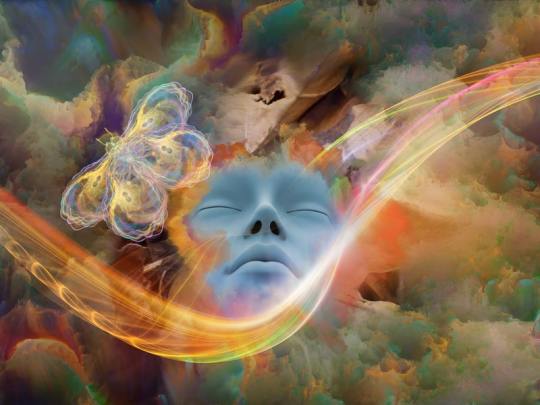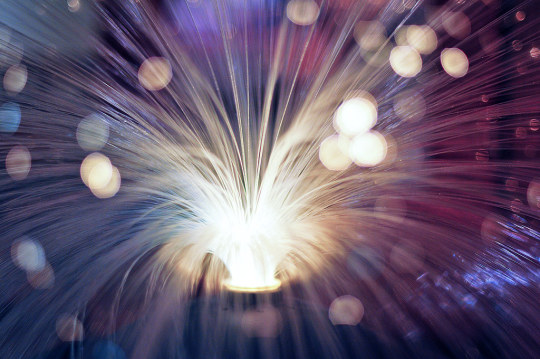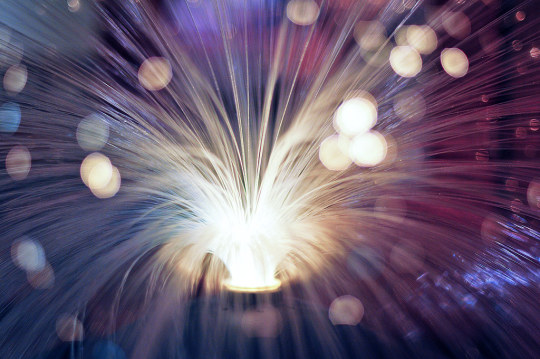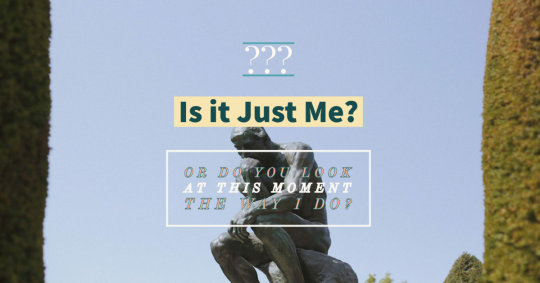
Read the full article
via Tumblr https://ift.tt/2CENv9Y
In thinking about Wendy William’s Saturday session on Embracing the Divine Masculine, I’ve been reflecting on its opposite: toxic masculinity. How, I’m curious to know, does toxic masculinity manifest during this pandemic moment?
Some men, opines Jessica Valenti in a recent piece in Medium, equate mask-wearing as somehow appearing weak, i.e. not masculine. It’s interesting that three of the worst-hit countries in this pandemic are also afflicted with heads of state preoccupied with meeting the terms of machismo—Bolsanaro, Putin, and Trump, all of whom disdain the wearing of masks. “Appearing to play it safe contradicts a core principle of masculinity: show no weakness,” said Peter Glick, in a recent article in the Guardian. Glick is a scientist who has co-authored research on how so-called “masculinity contest culture” poisons work environments. Bolsanaro, Putin, and Trump are leaders who have built brands as strongmen offering maverick solutions, and want to be seen as recovery presidents sweeping the illness aside, even if the virus has other ideas. So what is the Divine Masculine? Here’s a description of this quality by Isabela, the proprietor of the Sacred Light Alchemy. “This is the energy that unites the world in love, peace, and personal authority, allowing all beings and all things to have a seat at the round table of oneness. It is the man that gives his coat for a person in need, it is the care of a woman for a relative or a neighbor." On the other hand, toxic masculinity, Williams says below, is rooted in fear, which in term results in controlling behavior.We’ll explore the nature of what she calls Divine Masculinity and Divine Femininity in some detail during Saturday’s 11am ET online community exploration, the details of which are here.
Read the full article
As someone who’s been involved in what-Wikipedia-calls the mythopoetic men’s movement for a number of years, I’ll admit I was initially taken aback to hear a woman talk about many of the same themes I’ve repeatedly heard “woke” men talk about .
But I quickly realized that Wendy C. Williams, the guest host of the upcoming Embracing the Divine Masculine upcoming event, approaches male issues from a different perspective than I’d heard before. The online community exploration will be held on June 20th at 11 am ET.
In a video podcast interview I recorded with her recently, she expanded on her view that men are as much victims of toxic masculinity as women.
“As a society, we’ve put men in a box that says in order to be masculine, you have about four acceptable emotional states,” she said.“It is highly acceptable for you to be angry. It is acceptable for you to be neutral and not positive. It is acceptable for you to be happy for short periods of time and for really good reasons. And it’s acceptable for you to be sad for very short periods of time, and only for very good reasons. "Other than that, you’re not allowed to express yourself and if you do, you are then called derogatory terms related to the feminine by both men and women.”
She also believes that both men and women have a role in helping each other evolve towards embodying mature and divine aspects of masculinity and femininity. The
Read the full article
Digital culture is transforming religious practice in multiple ways, says Texas A&M Professor of Communication Heidi A. Campbell.
“Scholars of religion are finding that people practice ‘lived religion.’ They may say, 'I’m Jewish’ or 'I’m Christian,” but they draw on multiple sources to define what they mean. Religion is more personalized in a digital age,“ Campbell says.
How people define religious authority is also changing. Although pastors, imams and rabbis hold authority in their traditions because of of their theological knowledge, a new type of "algorithmic authority” has emerged, Campbell says.
“Involvement online builds this kind of authority… It’s the number of 'likes’ you have on your posts, it’s the number of followers you have or how many people link to your content. All of this gives a sense of authority and validity…that’s gained not from religious knowledge, but technological fluency,” she says.
The internet, Campbell says, “allows people to create their own tribe."
Although people may have roots in a traditional congregation, they can explore their particular interests in an online global community. "There can find online global connections that kind of feed their souls, whereas they couldn’t do this before” in pre-internet days.
A major contributor to the study of digital religion, Campbell is the author of Networked Theology: Negotiating Faith in Digital Culture. She is the Founding Director of the Network for New Media, Religion and Digital Culture Studies. She is currently studying the phenomena of internet memes and how these memes shape religions perceptions.
Links:
Check out the Diversity and Spirituality’s newest podcast
Most of us progressive-minded folks are members of multiple communities, be they religious, spiritual, environmental or political. What unites us are our values, the foremost of which is an innate sense of our sacred interdependence, or reverence for both the entirety of the interconnected web and all of its connected parts.
In this excerpt from the Sacred Inclusion Network’s monthly Online Community Exploration, Angelo John Lewis and David Wetton explore the possibility of harnessing our individual, and group energies for the full expression of the higher values that unite us, a project that assumes greater urgency in moments of crisis, such as this pandemic moment. They also explore how to inspire and galvanize a deeper sense of these higher values in both ourselves and our multiple communities. And how attuning to these higher values activates the power of the Network of Light.
David Wetton helps Conscious Leaders grow themselves and develop Purpose-Led High Performing Leadership Teams through 1:1 Coaching & Tailored Leadership Programmes. He runs a Leadership Legacy Programme™ to help senior executives and their leadership teams define and deliver their legacy to the world. He’s an ordained UK interfaith minister and spiritual counselor; which means that he’s committed to holding a safe, heartfelt compassionate space for all those he coaches.
Angelo John Lewis is the Director of the Sacred Inclusion Network and the originator of Sacred Conversations and the Dialogue Circle Method. He is also the author of Notes for a New Age, and a coach and consultant who has designed, developed and conducted group problem solving, team and community building interventions for clients that include AT&T, Verizon, ACNielsen, and a branch of the U.S. Department of Commerce.
Links:
Check out the Diversity and Spirituality’s newest podcast







